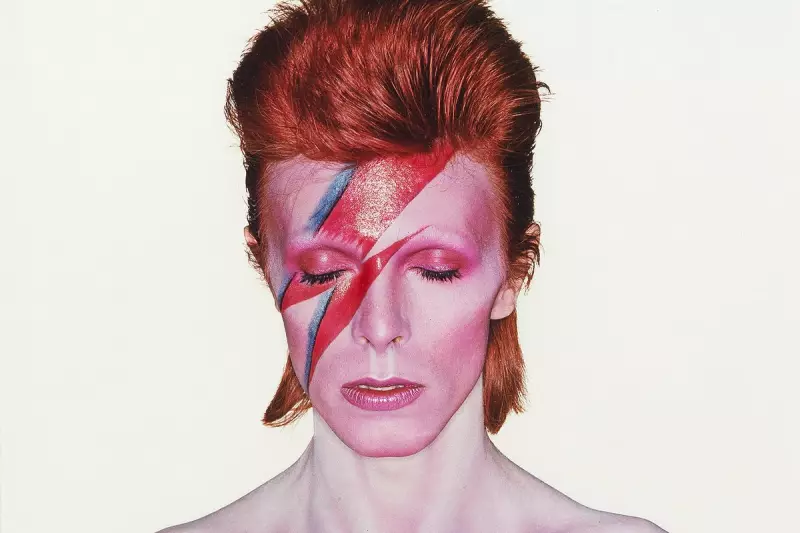
New research has uncovered a disturbing trend among household names: living in the spotlight could significantly shorten a celebrity's lifespan. A comprehensive German study suggests that fame may reduce life expectancy by approximately 4.6 years compared to their less famous counterparts.
The Fame Mortality Gap
Published in the Journal of Epidemiology and Community Health, the retrospective matched case control study examined data from 648 singers across various musical genres. Researchers divided participants into two distinct groups: half were classified as famous artists, while the other half had not achieved similar stardom.
The famous singers were selected from the Top 2,000 Artists of All Time on acclaimedmusic.net, with an average age of 67. Each celebrity was carefully matched with a less famous singer based on specific characteristics including gender, nationality, ethnicity, musical genre, and whether they performed as solo artists or band members.
The results revealed a stark contrast in mortality rates. Famous singers lived to an average age of 75, while their less famous counterparts reached 79 years on average. This translates to a 33% higher mortality risk for household names.
Solo Artists Face Greatest Risk
The study delved deeper into the data, examining 99 famous solo artists against 90 less famous solo singers, plus 207 famous band members compared with 175 less famous band performers. The research spanned multiple musical genres including rock, pop, R&B, rap, electronica and new wave.
Solo artists emerged as particularly vulnerable, carrying a higher risk of early death compared to singers performing in bands. Researchers suggested that "increased individual exposure to the public with the accompanying higher emotional strain" might explain this discrepancy.
"Being in a band may offer emotional and practical support, while solo artists may face more isolation and stress," the authors noted in their findings.
Comparing Health Risks
The study's authors emphasised the seriousness of their findings by comparing the mortality risk associated with fame to other well-established health threats. The increased mortality risk was found to be comparable to occasional smoking, highlighting the need for targeted interventions.
"Given that these conditions are widely recognised as serious health threats requiring preventive measures, the similar impact of fame on mortality suggests that being famous is an important factor influencing longevity," the researchers stated.
The evidence indicates that the elevated health risks emerge specifically after achieving fame, marking it as a "potential temporal turning point for health risks including mortality."
The research examined legendary artists from acclaimedmusic.net's top rankings, including The Beatles, Bob Dylan, The Rolling Stones, and David Bowie. The data reflects the premature deaths of several music icons, including John Lennon at 40, George Harrison at 58, and David Bowie at 69.
This groundbreaking research provides the first concrete evidence directly linking fame with higher mortality risk, challenging the perception of celebrity lifestyles as purely glamorous and underscoring the hidden health costs of living in the public eye.





